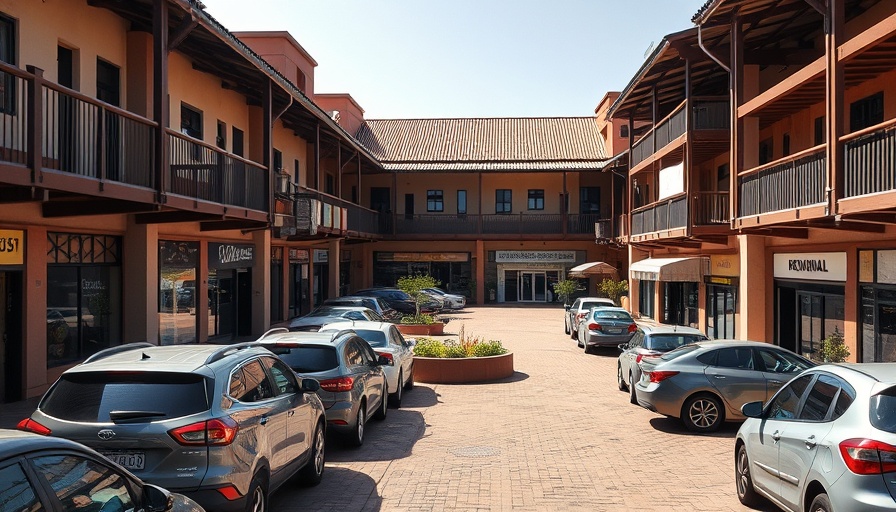
The EFF's Increasing Pressure on Orania: An Overview
The Economic Freedom Fighters (EFF) in South Africa’s Northern Cape have intensified their campaign against the controversial enclave of Orania, a self-declared Afrikaner community. Following a recent meeting between the EFF, the Orania Movement, and the Freedom Front Plus (FFPlus), which ended without consensus, the EFF plans to march on Premier Dr. Zamani Saul's office later this month to voice their objection to Orania's existence.
Unpacking the Orania Dilemma: A Symbol of Segregation?
Orania acts as a focal point for debates surrounding racial segregation and self-determination in contemporary South Africa. Critics, including the EFF, argue that a community built on self-imposed racial isolation contradicts the spirit of the nation’s constitutional commitment to unity and equality. EFF Provincial Chairperson Shadrack Tlhaole emphasized that discussions around Orania must include both Black and White perspectives to foster dialogue that promotes coexistence rather than division.
Political Dynamics: What Lies Ahead?
With the 2024 general elections approaching, the EFF's stance on Orania may also resonate with broader calls for electoral reform and transformation. As political realignments occur, opposition parties are faced with balancing historically entrenched ideologies with a pressing need for change in the electorate's demands. To better understand how the issues at Orania fit into this context, one cannot ignore the vital socio-economic challenges faced across South Africa, such as income inequality, youth unemployment, and crime prevention measures.
Exploring Diverse Perspectives: Insights from All Sides
While the EFF champions the call for the abolition of Orania, representatives from the FFPlus and the Orania Movement advocate for the recognition of their right to self-determination. Wynand Boshoff, the FFPlus Provincial Leader, acknowledged the importance of dialogue even in the absence of agreement, reflecting an understanding of the subtleties of coexistence. By engaging in conversation with opposing viewpoints, there is a possibility of discovering common ground to develop effective solutions that respect cultural diversity while promoting integration.
Future Directions: The March and Its Implications
The upcoming march planned by the EFF symbolizes more than a protest against a specific community; it represents a broader struggle for social justice across South Africa. This reflects ongoing tensions regarding land reform, economic policy, and discussions around the legacy of apartheid. As the EFF mobilizes its support, critical questions arise about the impact of public dissent in shaping national policies, including the need for judicial independence and parliamentary oversight in complex legislative areas like racial reconciliation.
Conclusion: A Vital Dialogue for Progress
The conflict surrounding Orania is emblematic of larger issues in South Africa—issues that challenge the nation’s commitment to democracy and equality. As the EFF prepares for its march, it sheds light on the urgent need for reforms that address structural inequality while fostering honest dialogues about race, identity, and the possibility of coexists in a transformed South Africa. Engaging all parties is crucial in navigating these complex dynamics toward a future that embraces inclusivity. It is time to create platforms for progressive discussions on all levels, bringing together voices from various communities to contribute to South Africa's evolving narrative on racial justice and unity.
 Add Row
Add Row  Add
Add 




Write A Comment